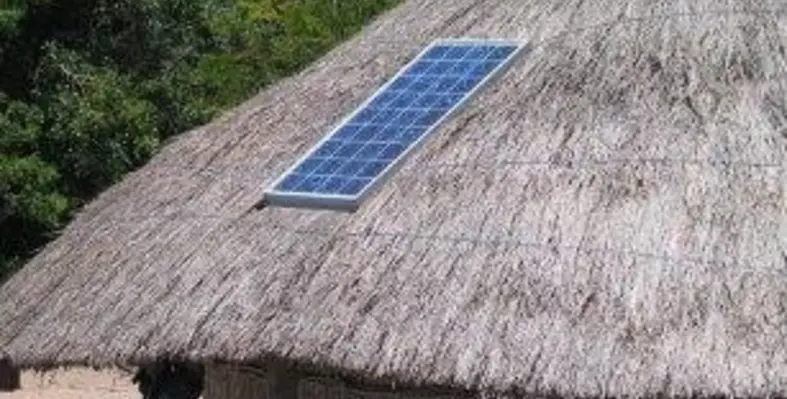In 2020, the world is set to add 167GW of renewable power capacity this year, 13 per cent less than in 2019, according to the IEA’s Renewable Market Update report
However, the growth is expected to resume next year as most of the delayed projects come online and assuming a continuation of supportive government policies.
Despite the slowdown in new additions, overall global renewable power capacity still grows by six per cent in 2020, surpassing the total power capacity of North America and Europe combined.
In 2021, renewable power additions are forecast to rebound to the level reached in 2019, with significant support coming from the partial commissioning of two mega hydropower projects in China. But despite the rebound, growth for 2020 and 2021 combined is expected to be 10 per cent lower than the IEA had previously forecast before the coronavirus outbreak. Almost all mature markets are affected by downward revisions, except the USA where investors are rushing to finish projects before tax credits expire. After exceptional growth last year, Europe’s new additions are set to fall by one-third in 2020, their largest annual decline since 1996. A partial recovery is expected next year.
“The resilience of renewable electricity to the impacts of the COVID-19 crisis is good news but cannot be taken for granted,” said Dr Fatih Birol, IEA’s executive director. “Countries are continuing to build new wind turbines and solar plants, but at a much slower pace. Even before the COVID-19 pandemic struck, the world needed to significantly accelerate the deployment of renewables to have a chance of meeting its energy and climate goals. Amid today’s extraordinary health and economic challenges, governments must not lose sight of the essential task of stepping up clean energy transitions to enable us to emerge from the crisis on a secure and sustainable path.”
Large-scale solar projects are expected to rebound in 2021
Solar PV accounts for more than half of the forecast expansion in renewable power in 2020 and 2021, but its additions decline from 110GW in 2019 to over 90GW in 2020. Large-scale solar PV projects are expected to rebound in 2021, but overall installations are unlikely to surpass 2019 levels. This is because of a significantly slower recovery of distributed solar PV as households and small businesses review investment plans.
Commissioning delays caused by the COVID-19 crisis have slowed the pace of onshore wind installations this year, but they should mostly be compensated for in 2021, as the majority of projects in the pipeline are already financed and under construction. However, uncertainty remains over projects that had planned to secure their financing this year and become operational next year. The impact of the crisis on offshore wind deployment is set to remain limited in 2020 and 2021, since offshore projects have longer construction periods than onshore ones.
“The spectacular growth and cost reductions of renewables over the past two decades have been a big success story for global energy markets, driven by innovation in both technology and policies. But continuing cost declines will not be enough to protect renewables from a range of uncertainties that are being exacerbated by COVID-19,” said Dr Birol.
The impact of the coronavirus pandemic on renewables extends well beyond the electricity sector. Successful transitions to clean energy will require decarbonising the rest of the economy as well, including transport fuels and the heating of buildings.
The consumption of renewables for heating is also set to decline in 2020. The recent plunge in oil and gas prices is hurting the cost-competitiveness of renewable fuels and technologies that provide heating. Many planned investments to switch from fossil-fuel heating to renewable or electric alternatives are likely to be postponed or cancelled unless governments introduce stronger policy support.












